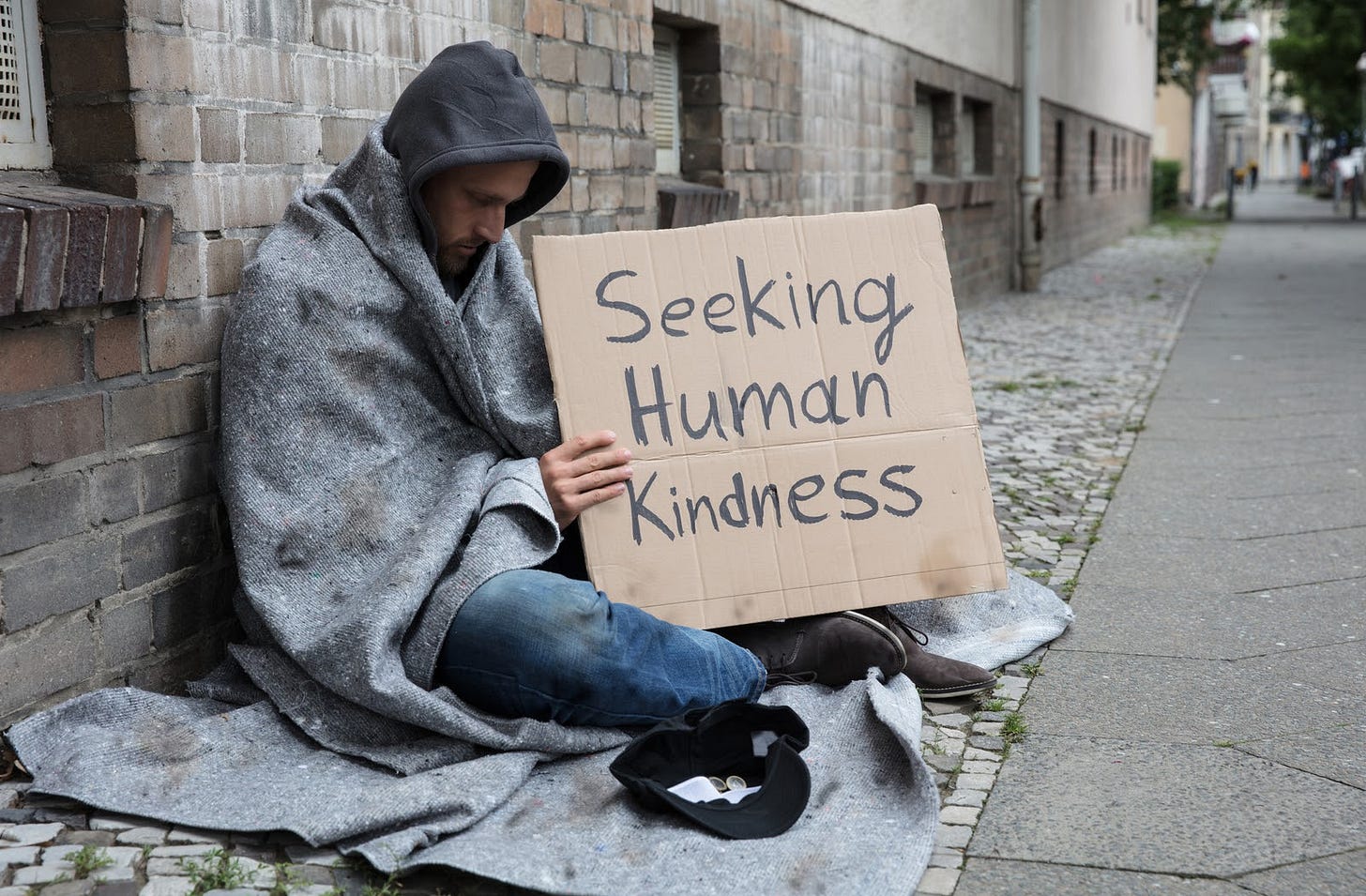California Is Waging War On Its Most Vulnerable Residents
Homelessness is a man-made disaster, as devastating as any wildfire, earthquake, or flood.
A society that cannot fully and safely house its people needs to be overhauled. Not with violence or strident acts. But also, not with billions of dollars wasted on inadequate agencies, schemes, and scams that only skim the surface of the problem.
In California, which has the most unhoused population in the country, Governor Gavin Newsom on July 25, 202…




